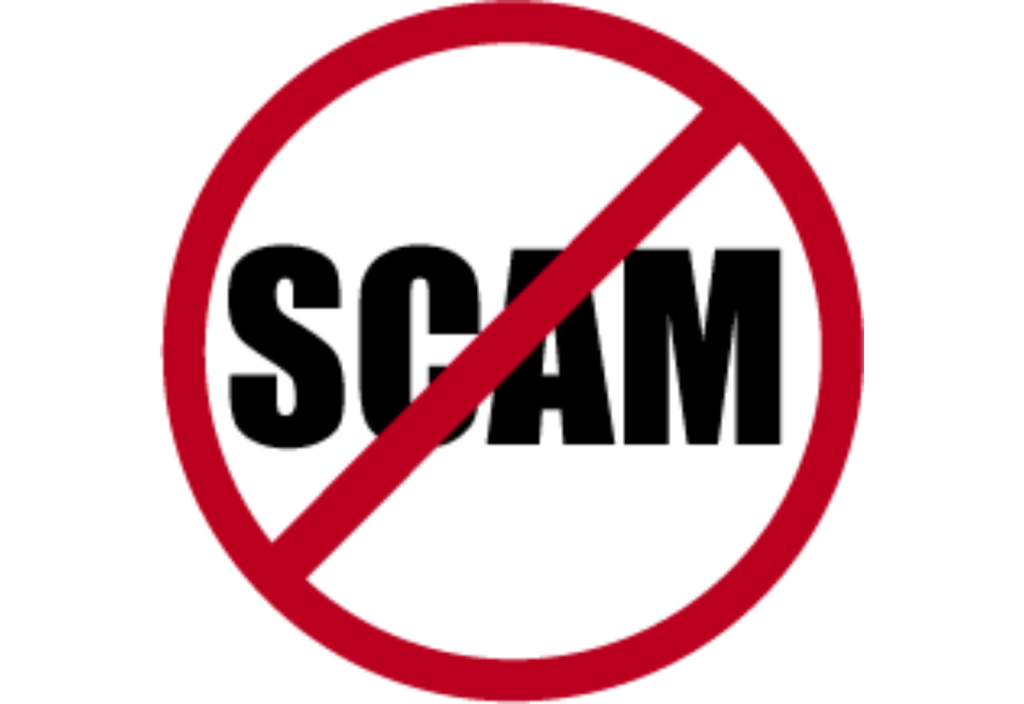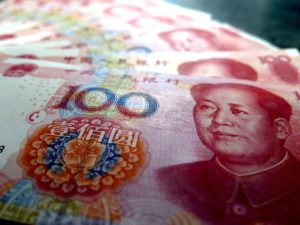Protect your Business from China Business Scams
As China’s economy continues to falter, my law firm’s China lawyers are seeing a massive uptick in China scams.
This post will highlight some key indicators of such scams, and discuss the strategies we employ to navigate our clients away from potential pitfalls. It will also provide practical, actionable advice for transacting business with China safely.
Spotting Red Flags in a Travel Business Scam
An American travel services company brought a contract to our attention, drafted by a Chinese travel firm that claimed to be interested in sending a large number of tourists on our client’s European tours. When one of our China lawyers reviewed this contract, several inconsistencies and red flags emerged:
- It’s not typical for Chinese firms to provide the first draft of a contract. However, in this case, the Chinese firm did exactly that.
- The detail level of this preliminary draft was astonishingly intricate, which isn’t common for initial drafts from Chinese companies.
- The proposed contract contained an uncommon provision: the CEOs of both companies were to meet in a specific and quite small Chinese city for the contract signing. This bore the hallmarks of a classic China scam, where foreign representatives are lured to China and pressured into funding lavish events. Given the current decline in foreigners traveling to China, this requirement was especially peculiar. See China’s Latest Problem: People Don’t Want to Go There.
- It’s unusual for an inland American SME service business to receive this sort of interest from China.
- Many China business scams tend to target female-led, smaller service businesses — just like our client here.
- From a logistical standpoint, it would have been more efficient and made better sense for the Chinese firm to work directly with a European company for European tours, rather than an American one.
- Chinese contracts nearly always specify Chinese law a China dispute resolution venue. This contract was silent on this.
- The contract was in just English, no Chinese. This is not typical.
Given these discrepancies, we requested the Chinese name of the company and the Chinese version of the contract. Their subsequent silence reinforced our scam suspicions. Though my law firm’s China lawyer had been skeptical from the outset, the client sought added reassurance.
Red Flags in a Medical Device Distribution Scam
A medical device startup from California sought our advice after a Chinese firm expressed interest in becoming their exclusive distributor in China. Several concerns arose during our preliminary evaluation:
- The terms regarding payment timelines, intellectual property rights, and territorial coverage were both ambiguous and unusual.
- There was a mismatch between the English and Chinese names of the company.
My law firm’s lawyers were uncomfortable with the Chinese counterparty and we recommended our client have us conduct due diligence on the Chinese firm. Our investigation revealed that the company had ceased operations about two years prior. Armed with this information (and various other yellow flags revealed by our due diligence), our client wisely decided to abandon the potential agreement.
Your Guide for Avoiding China Scams
- Engage Experts Early: It’s crucial to collaborate with legal experts knowledgeable in Chinese business practices, and the sooner you involve them in your business dealings, the better.
- Conduct Thorough Due Diligence: Always scrutinize the credentials, reputation, and track record of any Chinese company with which you’re considering partnering. Being proactive in your due diligence from the outset can prevent potential pitfalls later.
- Trust Your Instincts: Your risks are greater when something appears too good to be true or when you feel pressured into swift decisions. If you sense something amiss, bolster your due diligence efforts immediately.
- Safeguard Your Confidential Information: Protect your sensitive data. Only share it when you are confident of the other party’s authenticity.
- Avoid Premature Payments: Scammers often rely on payments to execute their schemes. Even if you feel you’re deep into a deal, resist the urge to pay if you have lingering doubts. For every scam our international lawyers prevent, we get ten businesses seeking help to recover lost funds after falling prey. Ensure your business isn’t among the ten.
Conclusion
Doing business with China can offere rewards, but it also involves inherent risks. can be rewarding. As China scams become more sophisticated and prevalent, you need to become increasingly vigilant and proactive. By recognizing the warning signs, conducting due diligence, engaging legal experts, and safeguarding confidential information, you can greatly increase your odds of avoiding a China scam.

























